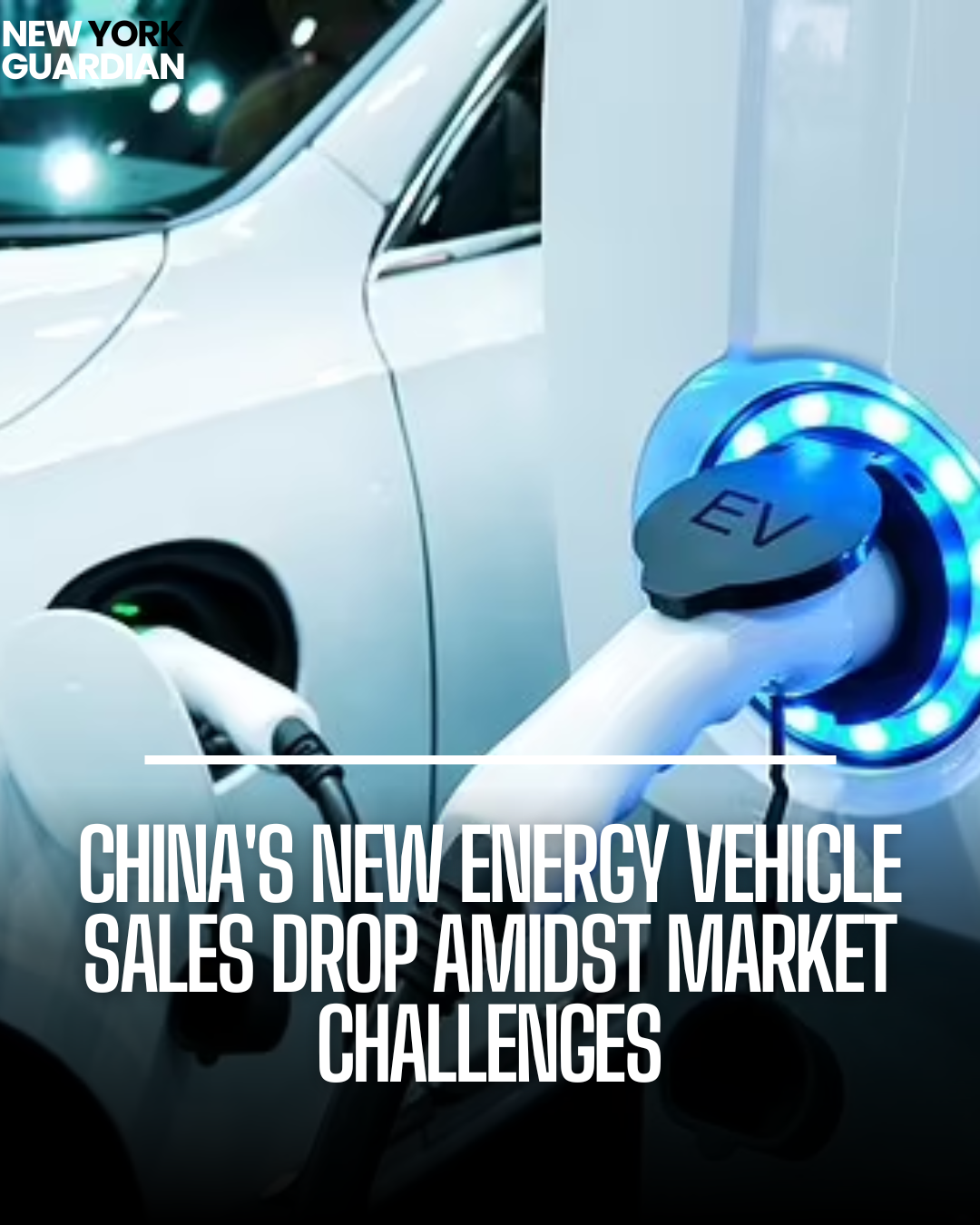Industry data reveals a substantial 38.8% month-on-month decrease in new energy vehicle (NEV) sales in China, marking the first such drop since August 2023, despite efforts led by Tesla (TSLA.O) to stimulate demand through discounts, the world’s largest auto market experiences faltering demand.
Overall Vehicle Sales Figures:
Total vehicle sales, including exports, reached 2.44 million units in January, reflecting a 47.9% increase year-on-year but a 22.7% decline from the previous month. NEVs accounted for 29.9% of total sales, demonstrating a 78.8% growth compared to the previous year.
The data, sourced from the China Association of Automobile Manufacturers (CAAM), encompasses sales to dealers and includes commercial vehicles such as trucks unless specified.
Comparison with Previous Year:
In January 2023, passenger vehicle sales in China experienced a substantial 37.9% year-on-year decline and a 40.4% month-on-month decrease, marking the poorest January performance since the 2000s.
This downturn was attributed to the cessation of subsidies and tax cuts, compounded by shortened business days due to the Chinese New Year falling in January.
The sluggish start to 2024 for China’s auto market reflects subdued consumer demand in the context of a prolonged housing downturn and market volatility.
Tesla’s Response to Market Conditions:
In response to slowing demand and increased competition, Tesla implemented price reductions on certain Model 3 and Y cars in China starting in January.
Furthermore, cash discounts for select Model Ys were introduced on February 1st, reversing five consecutive price increases since late October.
Pricing Adjustments by Tesla:
Tesla’s strategic pricing adjustments included a 6% reduction in the starting prices of basic versions of Model 3 and a 3% decrease for Model Y in January, following price hikes in November.
These efforts aimed to mitigate the impact of market challenges and sustain consumer interest in Tesla’s offerings amidst evolving market dynamics.





















